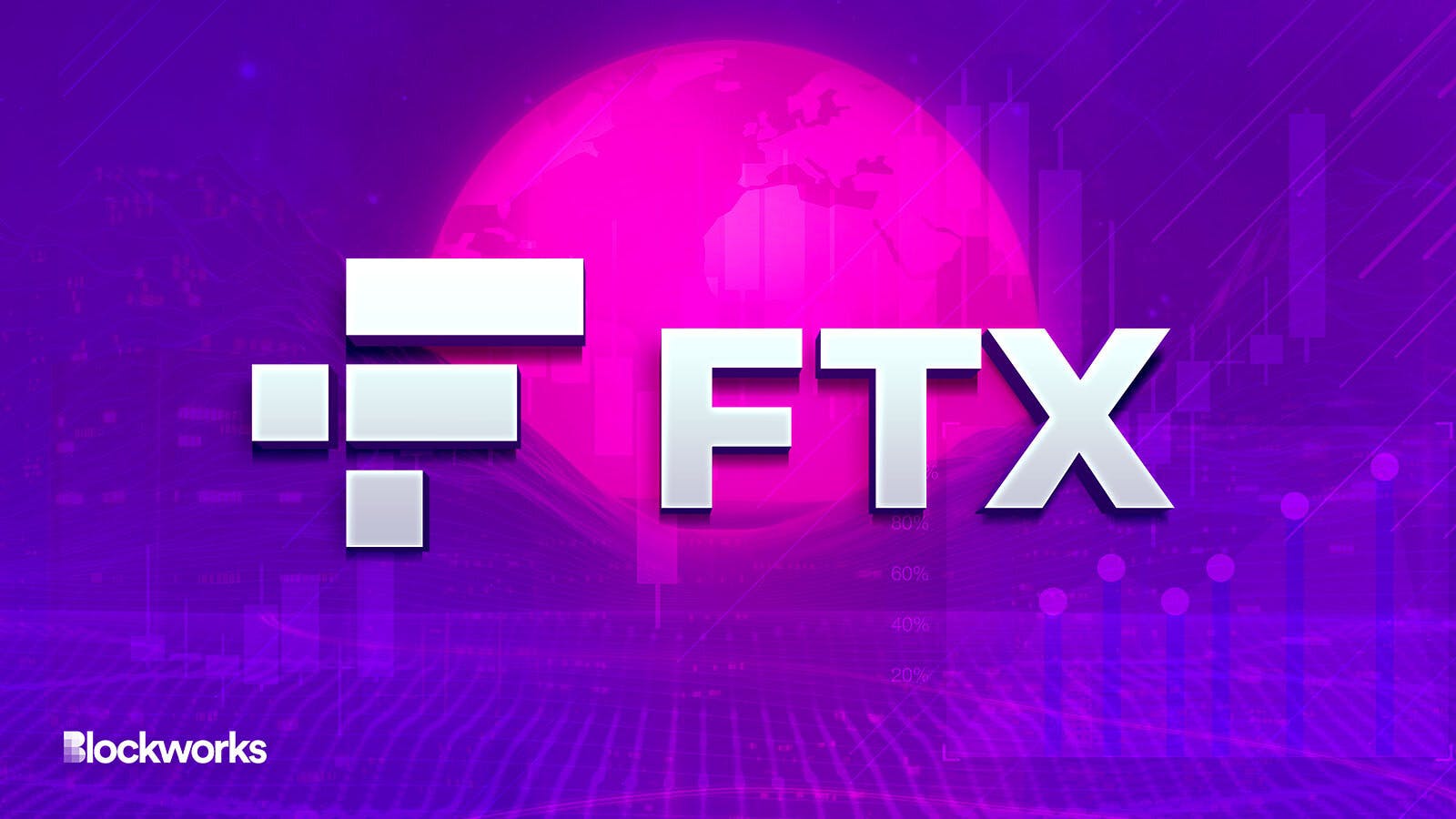FTX Managed Critical Accounting Via Slack, New CEO Testifies
The collapse and fraud associated with FTX is “worse than Enron,” Ray said, who oversaw the liquidation of the commodity and services company in 2007

Keerthi Satheesh/Shutterstock.com modified by Blockworks
Now-bankrupt FTX may have experienced financial trouble for years before the public became aware, the exchange’s new CEO testified Tuesday.
John Ray, who took over to handle the exchange’s restructuring, appeared before lawmakers for the first of several expected hearings to discuss the fraud and what’s next for customers.
“What was first disclosed to the public happened around Nov. 2, But when this began was months, if not earlier, years,” Ray said. “Investigation is continuing…but this is not something that happened overnight.”
Bankman-Fried, who was expected to appear virtually before he was arrested in the Bahamas Monday evening, likely knew far more than he has let on in recent interviews, Ray added.
The 30-year-old founder faces several charges in the US, including wire fraud, conspiracy, securities fraud conspiracy and money laundering.
FTX’s restructuring team has secured more than $1 billion in assets so far, Ray said, which are now being held in cold storage for security. The team anticipates it will take additional “weeks, if not months” to recover additional assets.
The majority of FTX’s creditors were clients of FTX.com — Bankman-Fried’s flagship global exchange headquartered in the Bahamas — and not based in the US, Ray added.
FTX’s collapse and associated fraud is “worse than Enron,” the veteran insolvency expert said, primarily because FTX’s management system was so inappropriately structured. Ray oversaw liquidation of the commodity and services giant in 2007.
“This one is unusual and unusual in the sense that literally, there’s no record keeping whatsoever,” Ray said of FTX.
“In the absence of record keeping, employees would communicate invoicing and expenses on Slack, which is essentially a way of communicating in chat rooms.”
The exchange also used online accounting platform QuickBooks, a product more appropriate for mid-sized companies than multibillion-dollar corporations, Ray said.
“There was no sophistication whatsoever,” Ray said. “There was an absence of any.”
Sam Bankman-Fried crypto bill still in play
In Tuesday’s Congressional session, lawmakers were primarily concerned with getting to the bottom of exactly how FTX ended up in this situation.
Still, some used the opportunity to express greater concerns about the digital asset industry as a whole.
“For five years I’ve been trying to ban American investments in crypto,” Rep. Brad Sherman, D-Cali., said. “I’m the only member of the House to get an F from the only crypto promoting organization that rates members of Congress.”
Members of Congress and the Securities and Exchange Commission failed to protect investors by neglecting to investigate the exchange and its founder, Sherman said.
“Don’t trash Sam Bankman-Fried and then pass his bill,” Rep. Sherman urged, referring to the Digital Commodities Consumer Protection Act, which Bankman-Fried advocated for prior to the exchange’s public collapse.
As of Tuesday morning, Bankman-Fried is the only person associated with FTX who faces criminal charges.
When asked if Bankman-Fried’s right-hand associates, namely Ryan Salame, co-CEO of FTX, and Caroline Ellison, Alameda Research’s CEO, would face prosecution, Ray only said his team would turn over any relevant information found.
Get the news in your inbox. Explore Blockworks newsletters:
- The Breakdown: Decoding crypto and the markets. Daily.
- 0xResearch: Alpha in your inbox. Think like an analyst.






